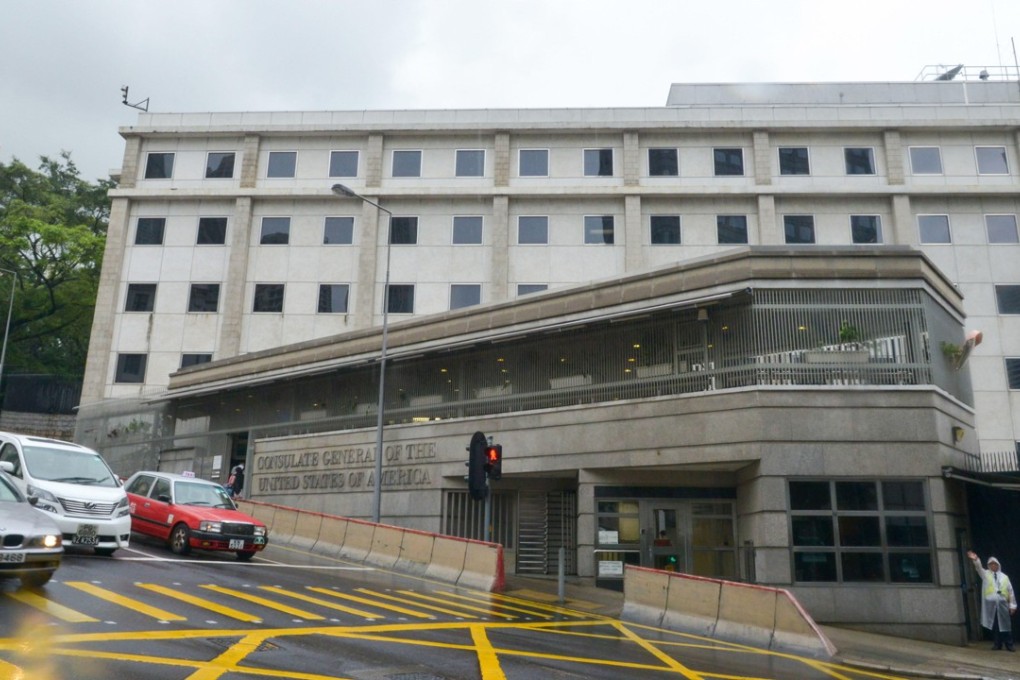Land deal for US consulate site in Hong Kong was proposed just six months before city was handed back to China in 1997
Lands Department reveals that America first approached city’s government about purchasing leasehold for site six months before China took possession of Hong Kong

New details have emerged about the history of a deal with the Hong Kong government that gave the United States what is believed to be the longest land lease in China.
The US consulate sits on prime real estate in the city’s Central district, land that could be worth billions of dollars and which the US informed the Hong Kong government it intended to acquire just six months before the city was handed from British rule to Chinese in 1997.
On Friday, the government revealed the US request to purchase the consulate site at 26 Garden Road as a freehold six months before the handover was rejected by the Hong Kong government, which then proposed a 999-year lease, with sales restrictions removed in 1999.

In an earlier reply to the Post’s inquiry about the rare lease, a spokesman for the city’s Lands Department said on Friday night that the US government had told its Hong Kong counterpart of its intention to exercise its power to buy the site as a freehold in January 1997, just a few months before the handover.
The original lease for the site was for 75 years from April 19, 1950 – renewable for another 75 years – at an annual rent of HK$2,092 (US$266), and included an option for the US to buy the freehold, according to Land Registry documents. Under it, the US would have to give three months’ notice of its interest to buy the site, upon which there would be a payment “mutually agreed to be the fair value of the freehold reversion”.